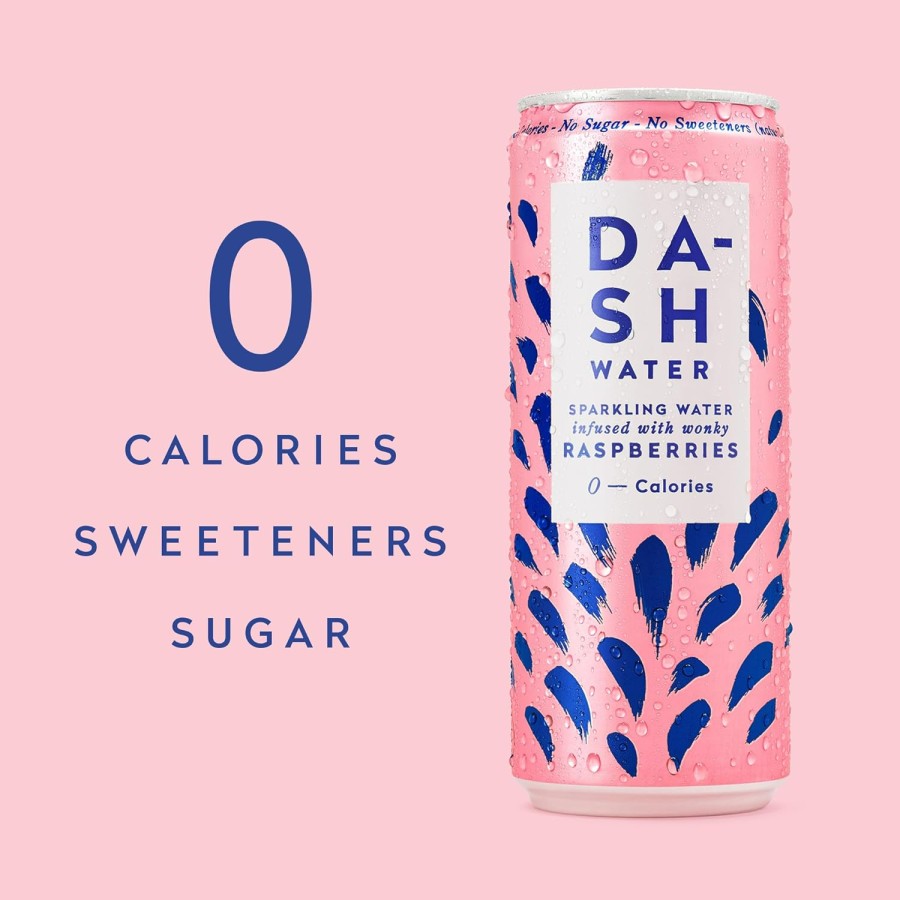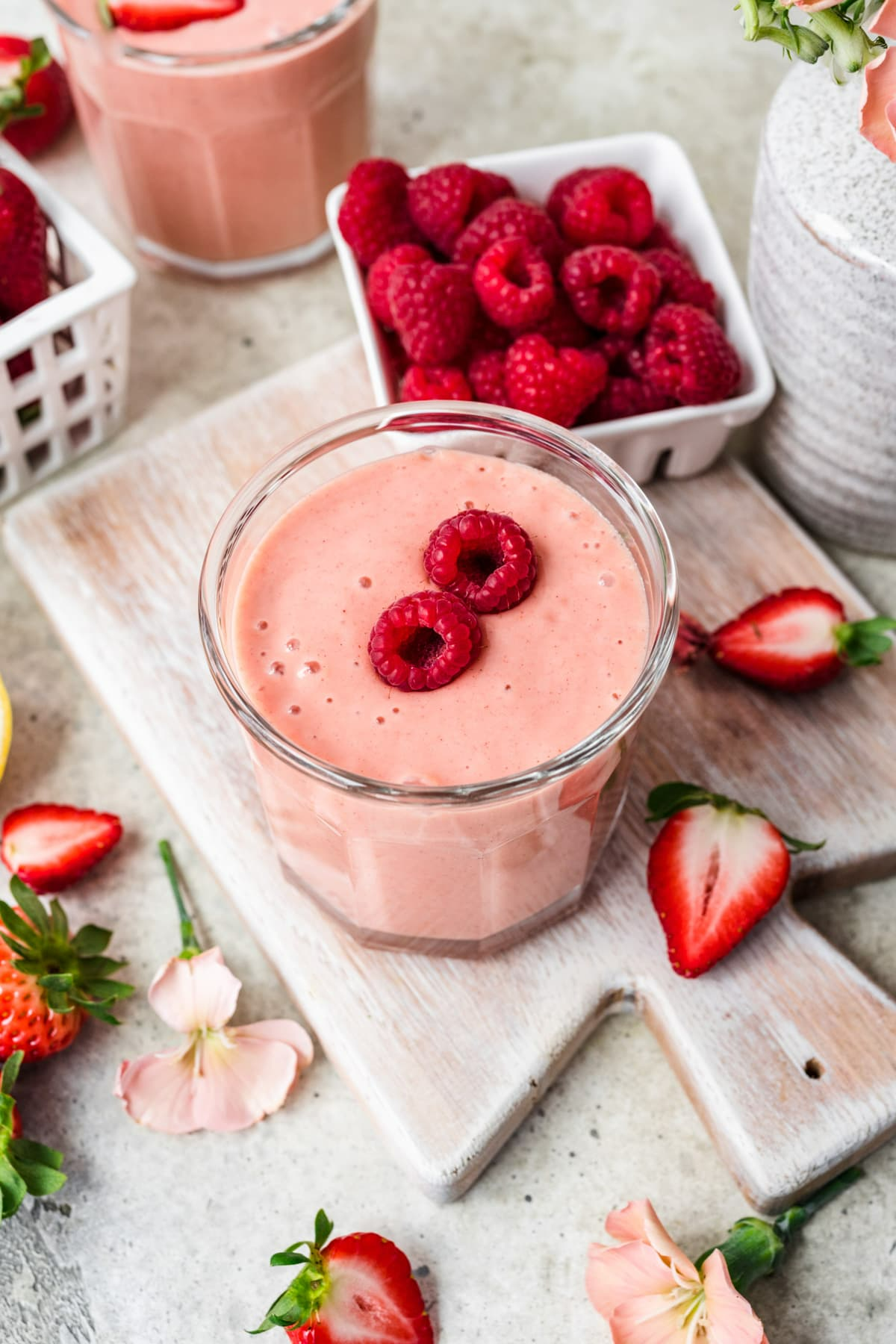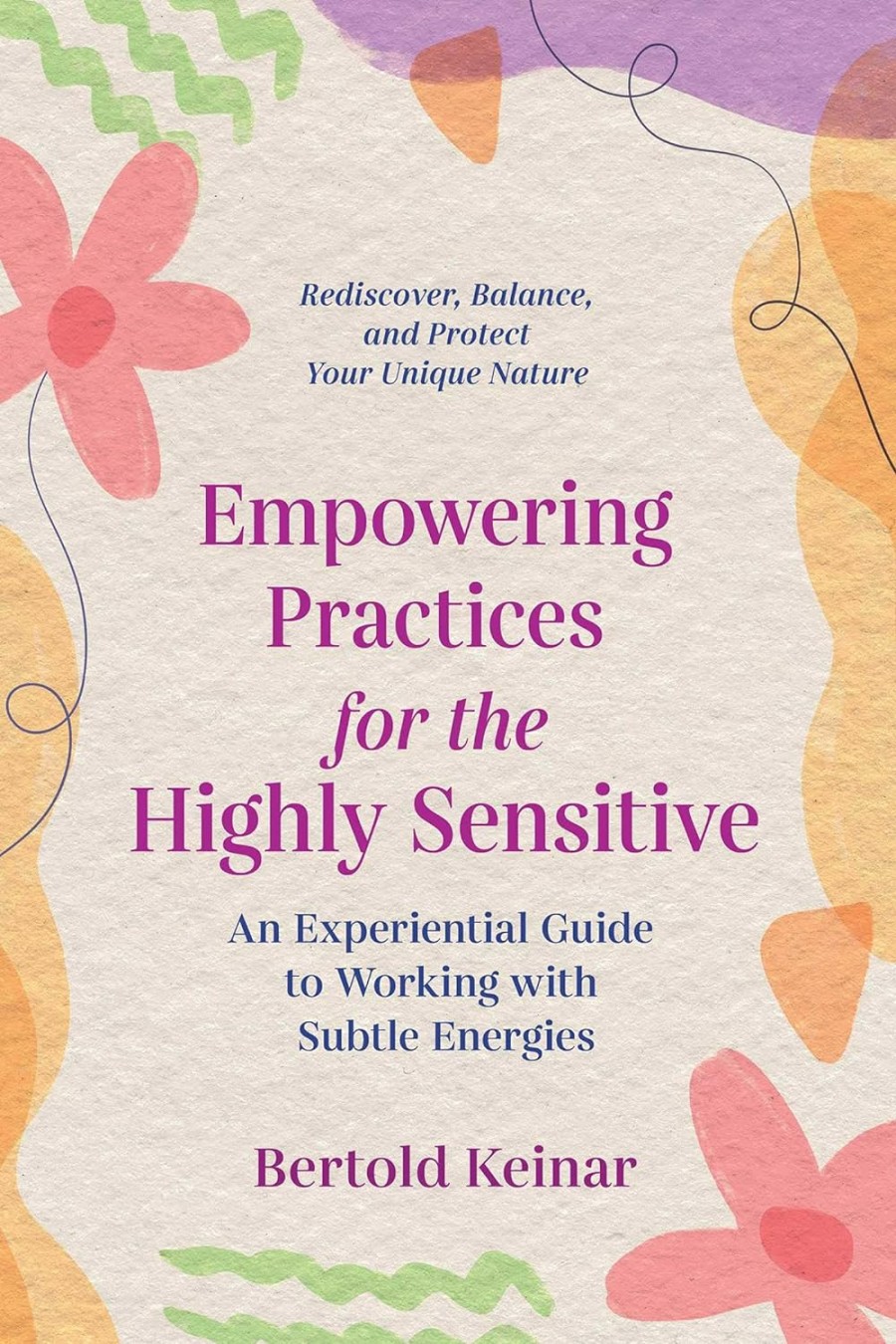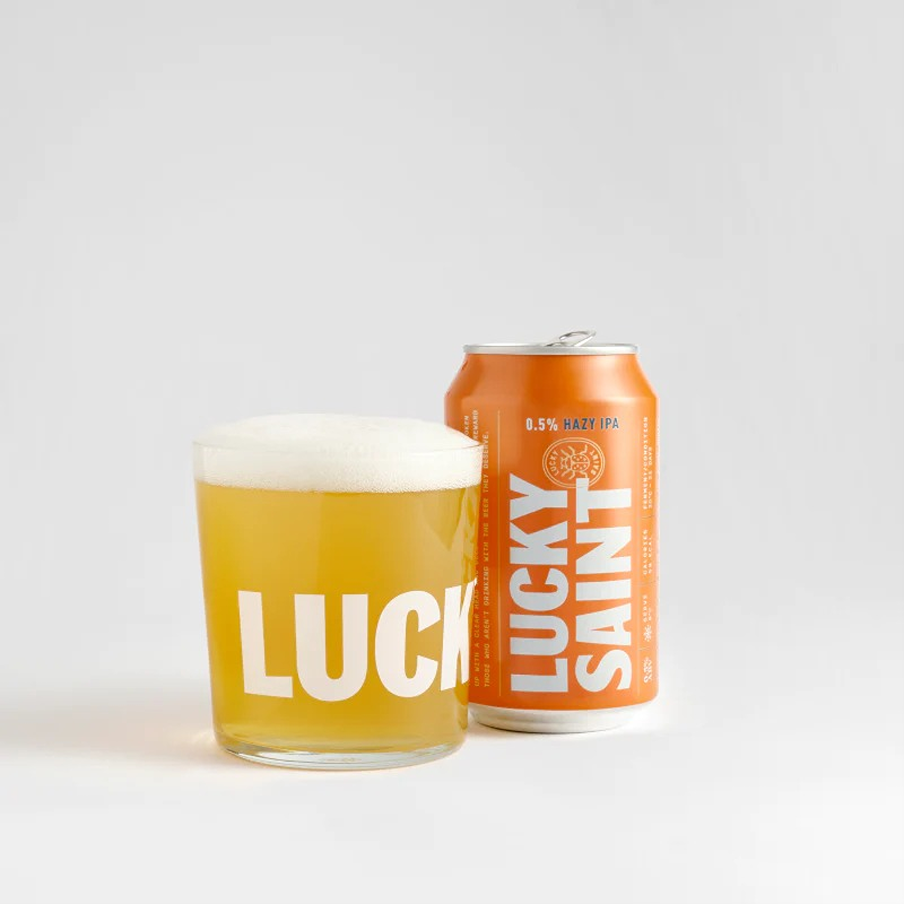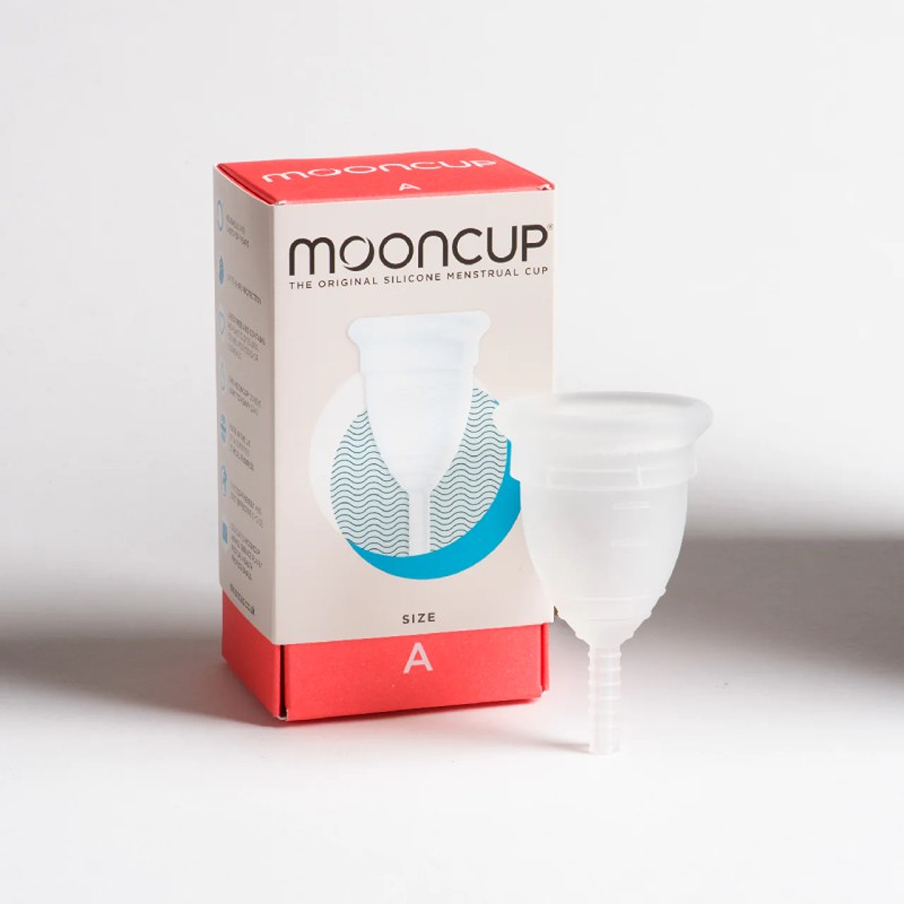
Dementia is a family of diseases (Alzheimer’s is the most common), and not part of normal ageing. We all get a bit more scatty with age, but dementia literally kills off brain cells. It’s a progressive incurable disease that means eventually means patients become totally incapacitated. Also many have have paranoia, some are even terrified of running tap water. Vascular dementia is thought to be caused by the same reasons as clogged arteries (fatty foods etc) and there is also Lewy’s dementia (the type that Robin Williams was diagnosed with, the terror of it supposedly caused his suicide).
Symptoms of dementia include memory loss but also not being able to speak properly or understand things, and lack of movement and sleep. Sometimes patients forget to eat or drink, and a few hear voices or hallucinate, and others may even lack empathy, even if previously very kind. In almost all cases, patients with dementia will need full-time care. Around 1 in 11 people in the UK have dementia. Reasons are unclear but chemicals, air pollution and aluminium in tap water are suspects. Along with people simply living longer, so more prone to disease.
Alzheimer’s is caused by abnormal build-up of proteins (like plaque in your arteries) in the brain. This decreases chemical messages that send messages between brain cells, and medicines are used to increase levels to improve symptoms. People with Lewy bodies dementia have symptoms similar to Parkinson’s, with problems with falling and movement. Some younger people may suffer from frontotemporal dementia, again caused by abnormal clumping of proteins (this type is more genetic).
This Is My Brain is a child’s guide to help understand how our brains work, but to be honest, it’s a good read for adults too, as most of us don’t know the ins and outs of how our brains work, and therefore knowing the facts helps us to understand (and sometimes prevent) dementia. In this book, a cartoonist offers engaging text and funny art to the science of neurodiversity.
tips to help prevent dementia
Some causes are genetic or environment, but ways you can help to prevent memory loss and dementia include:
- Eating a healthy diet (most or all plant-based) as vascular dementia is caused by similar issues to heart disease (fatty diets and smoking/alcohol causing plaques in the brain)
- Keep your brain active. Not just word searches but meet new people and take up new hobbies, to fire new neural pathways to keep brains active.
- Air pollution is thought to be a major cause. This is a community solution, so the best way to help is simply to live sustainably and campaign for political change, for stricter laws.
simple tips to live better with dementia
- Keep to a routine. This is very important for people with dementia, so they get less confused and feel more happy and stable. Use calendars and notebooks to keep abreast of times and places.
- Invest in sustainable dinnerware in bright colours. Just like fast food restaurants, bright-coloured items help people with dementia to eat more healthy food and drink more water. These items are designed to avoid drips and dribbles, to increase dignity.
- Make use of disability benefits, as often the government or local councils can offer grants to install adaptations for your kitchen and other areas of the home. Older people especially sometimes refuse benefits. But accepting what you’re able to claim means you can spend a little more on organic food and safe adaptions for the home (and also helps to relieve the pressure on carers).
- Droplet is an invention used on the NHS and at home. It’s a lightweight mug that discreetly monitors fluid levels with measuring lines, relatives can record personal messages. The cup then offers an audible reminder (with flashing lights) if someone is not drinking enough.
- Use sustainable alternatives for bladder incontinence. A £5 Radar key lets you into accessible toilets nationwide. Another idea Uribag (possibly free on the NHS, ask your GP). This little latex canister is a portable urinal for men (just pee, empty on the kerb, then wash at home to use again). The female version is designed for bedbound patients.
- StairSteady is a good (expensive but more affordable) alternative to bulky stair lifts. Invented by a girl for her GCSEs, this reputable company uses engineers to fit quality handrails with sliding support that lock in place, to prevent falls down stairs. You can fold the handle away, when not in use and they have solutions for split stairs too. The site has full information.
switch donations to humane medical research

International Anti-Vivisection Congress, 1913
If you ask ‘the establishment’, they will all say the same thing: give lots of money to the major Alzheimer’s research charity until a cure is found. Not so fast, tiger. There are huge issues with this. Firstly, medical research using animals is not just cruel and expensive, but massively outdated. There are vested interests in keeping the status quo due to huge donations (most main charity incomes are spent on animal research).
Yet humane research charities (that use modern cheaper quicker models instead of live animals) do brilliant work and have boffins who are just as clever. Yet get a tiny percentage of charity donations and no government grants. So only donate to humane research charities, and it’s likely we’ll find cures for dementia and other serious diseases much sooner.
healthy brain supplement in sustainable packaging
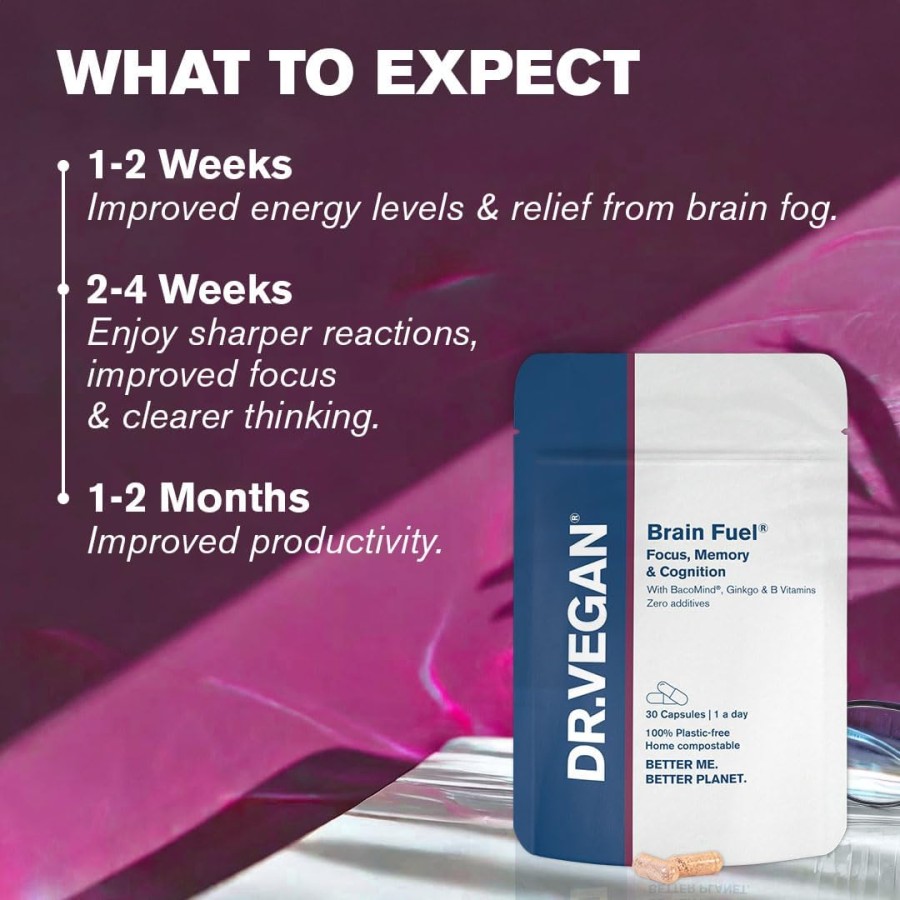
Dr Vegan Brain Fuel is devised by expert nutritionists, sold in a metal tin for the first order, then buy refills in sustainable pouches. This supplement is designed to help people with memory and focus, or those who suffer from ‘brain fog’.
Before taking supplements, check with GP if pregnant/nursing or you have medical conditions or are taking medication. Keep supplements away from young children & pets.
The supplement contains a blend of vitamins, minerals and other ingredients to boost cognitive function. A study of customers who took this supplement daily for 3 months found that 42% had higher focus, 39% had better memories, 37% had better productivity and 26% had higher energy.

